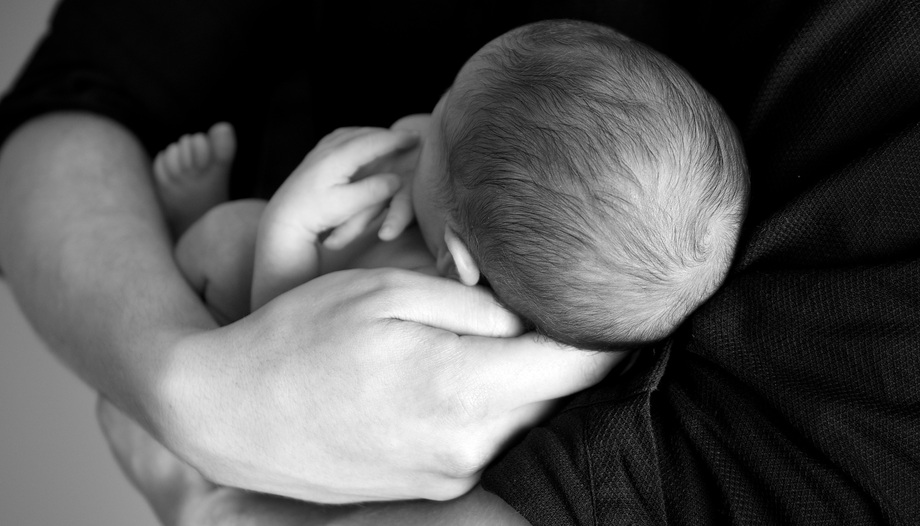The Commission of the Bishops' Conferences of the European Union (COMECE) has made a new and more decisive intervention on the issue of abortion. In July last year, it called on political leaders to work "for greater unity among Europeans, not to create more ideological barriers". At the time, the possibility of including abortion rights in the EU Charter of Fundamental Rights, a possibility first outlined by French President Emmanuel Macron, was being debated.
"Against the general principles of Union law."
An appeal that COMECE made following the approval of the European Parliament resolution -approved with 324 votes in favor, 155 against and 38 abstentions- calling for the inclusion of abortion in the EU Charter of Fundamental Rights and condemning what happened in the United States. The resolution, entitled "The decision of the U.S. Supreme Court" to overturn the right to abortion in the U.S. and the need to safeguard abortion rights and women's health in the EU, "opens the way to a deviation from universally recognized human rights and misrepresents the tragedy of abortion for mothers in distress," COMECE wrote, stressing the urgency of "supporting pregnant mothers and accompanying them to overcome their difficulties in problematic situations."
A few days ago, the response was categorical: "There is no recognized right to abortion in European or international law," reminded the Commission of Episcopal Conferences of the EU (COMECE). In fact, to introduce such a "fundamental right" in the Charter of Fundamental Rights of the European Union "would go against the general principles of EU law," said Anton Jamnik, president of the Ethics Commission.
Specific references in a single press release which detailed that this proposal is ethically indefensible. "EU member states have very different constitutional traditions when it comes to the legal regulation of abortion," Jamnik said. Imposing a particular form from Brussels would be undue interference in their sovereignty. "There is no EU-level competence to regulate abortion," the text sentences.
The founding fathers of the Union protected human dignity
Moreover, "the European Court of Human Rights has never declared that abortion is a human right protected by the European Convention on Human Rights". On the contrary, it has recognized that protecting the life of the unborn is "a legitimate objective" of States. When this right collides with those of women, the Court recognizes that each country has a wide margin of maneuver.
The declaration states that "respect for the dignity of every human being at every stage of his or her life, especially in situations of complete vulnerability, is a fundamental principle in a democratic society". Moreover, the founding fathers of the Union were "well aware" of the "inalienable dignity of the human being". They drew on "the genuine humanistic tradition that makes Europe what it is".
Abortion does not fall within the competence of the European Parliament
Finally, the Ethics Commission stresses that changing the EU Charter of Fundamental Rights "would require a very complex procedure". It would require, for example, a convention with representatives of all national parliaments and heads of state and government. And the final result would have to be ratified unanimously.
The basic thesis is the same as in 2022: "The European Parliament should not enter an area, such as abortion, which does not fall within its competence, nor interfere in the internal affairs of democratic countries within the EU or outside it."








